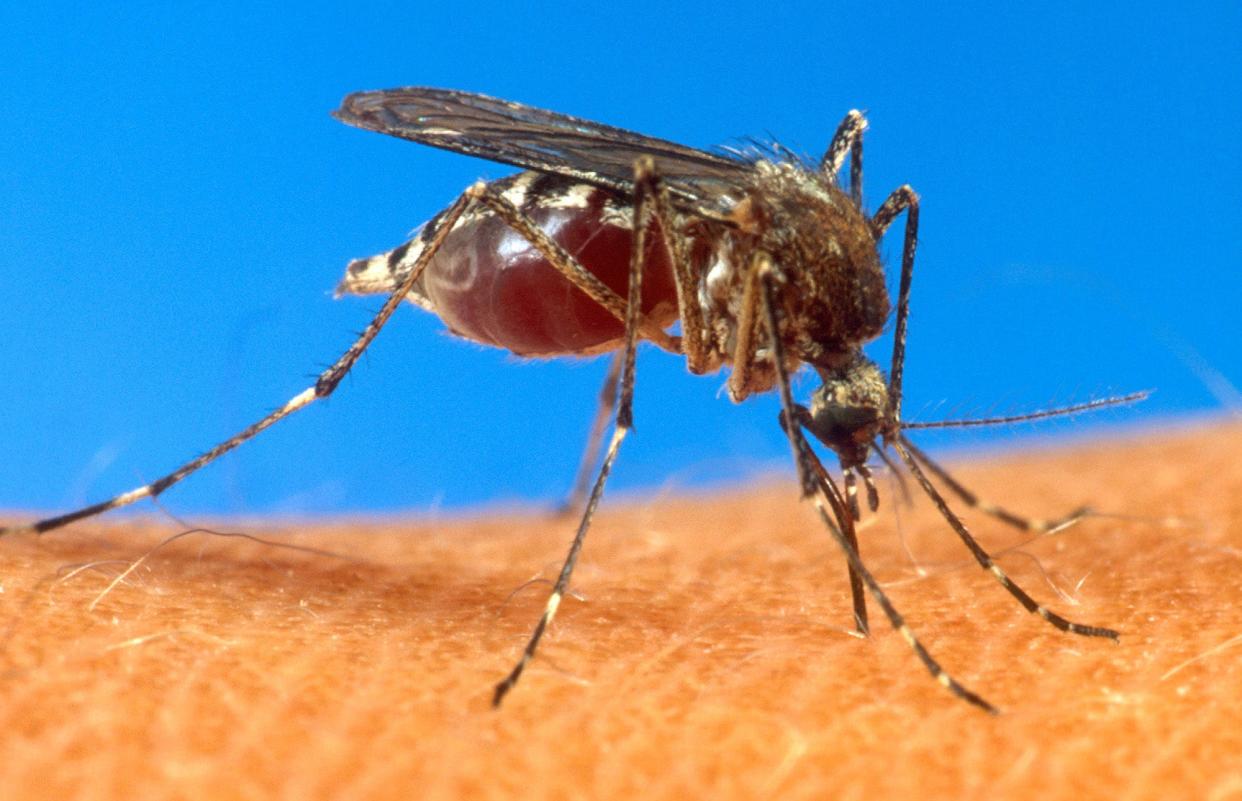Sarasota health officials confirm malaria case; person treated and recovered

SARASOTA —The Florida Department of Health in Sarasota County and Manatee County announced in a news release that the health department had one confirmed case of malaria in a person "who spent extensive time outdoors."
The agency said the person "was promptly treated at a hospital and has recovered."
No other information about the circumstances of the case, including when or where the infection may have occurred, was offered in the release Friday evening, and officials said Tuesday there were no updates.
According to information available at https://www.flhealthcharts.gov, the most recent malaria cases of any type in Sarasota or Manatee counties occurred in 2019. There was one case in each county. The most recent data in that chart is 2021, with cases logged based on the zip code where the individual resides.
Health officials said they were working closely with local governments and county mosquito control. Aerial and ground mosquito spraying is being conducted "to mitigate the risk of further transmission."
This type of malaria was identified as the P. vivax species, which is not considered as fatal as other strains.
What to know about malaria
The federal Centers for Disease Control reports that about 1,500 to 2,000 cases of malaria are diagnosed in the U.S. each year. Most involve travelers and immigrants returning from countries where malaria occurs, including sub-Sharan Africa and South Asia, the CDC web site reports.
A published health journal on the National Institute of Health web site reports four outbreaks of malaria have been reported in the U.S. since 2000, with the most recent being in Palm Beach County in 2003.
Health officials noted that malaria is not transmitted from person to person. Only infected Anopheles mosquitoes can transmit malaria to humans.
"Effective treatment is readily available through hospitals and other health care providers. Individuals in this area with symptoms of fever, chills, sweats, nausea/vomiting, and headache should seek immediate medical attention," the release stated.
How to protect against malaria
To protect yourself from any mosquito-borne illness, the health department advised the following prevention steps:
Use mosquito repellent that contains DEET (10-30 percent), picaridin, oil of lemon eucalyptus, para-menthane-diol, 2-undecanone or IR3535.
Wear long sleeves and pants.
Check and repair screens on doors and windows to prevent mosquitoes from entering your home.
To help reduce the population of mosquitos around your home, drain and cover areas around your home. Mosquitoes reproduce in freshwater from rainstorms, sprinklers and other source. Drain pools of freshwater around your home and yard. Empty pet bowls, garbage cans, garbage can lids, bottles, tires, and anything where freshwater has accumulated.
More: Sarasota County crews battling pesky mosquitoes
Residents of Sarasota and Manatee counties were advised to contact their local government for more information about specific mosquito control.
More information on mosquito prevention in Florida can be found through the health department.
More information about malaria worldwide can be found through the CDC.
This article originally appeared on Sarasota Herald-Tribune: Sarasota health officials report malaria case in person who recovered

